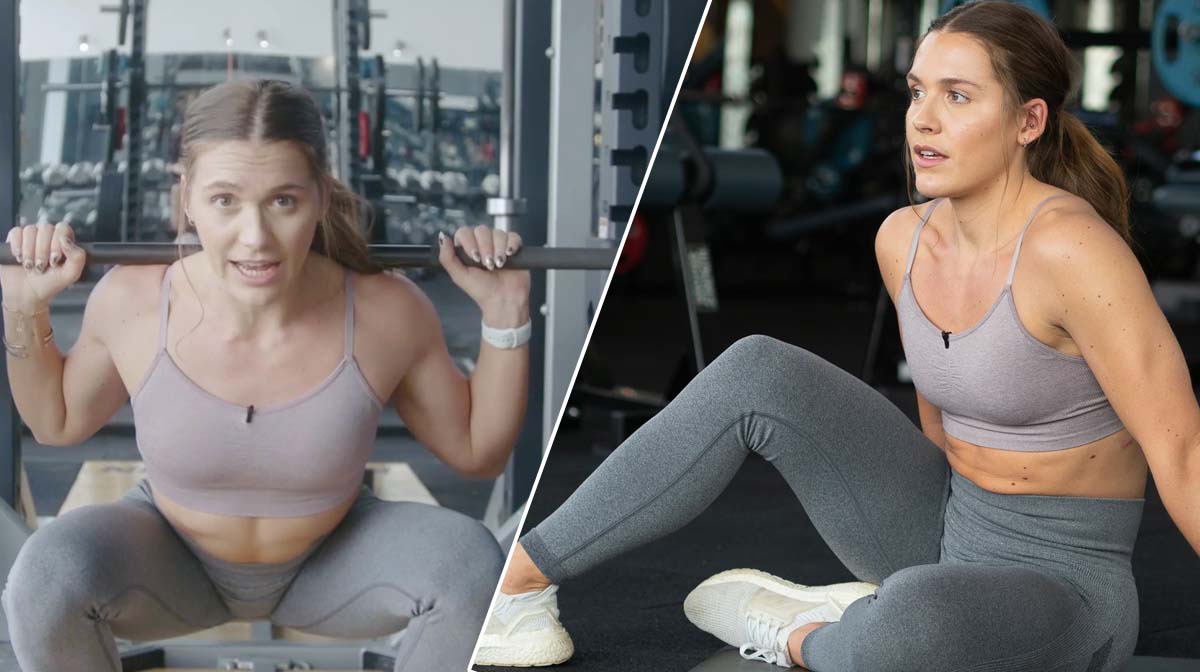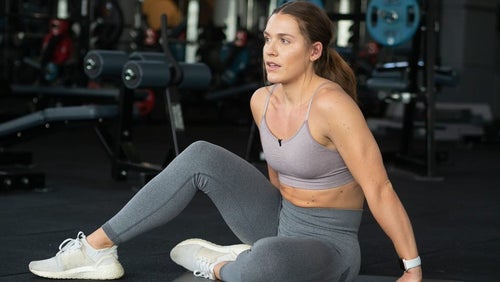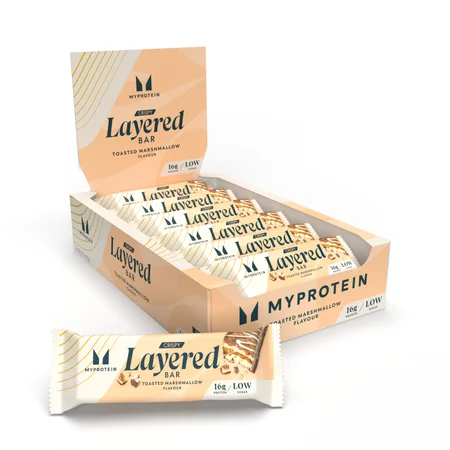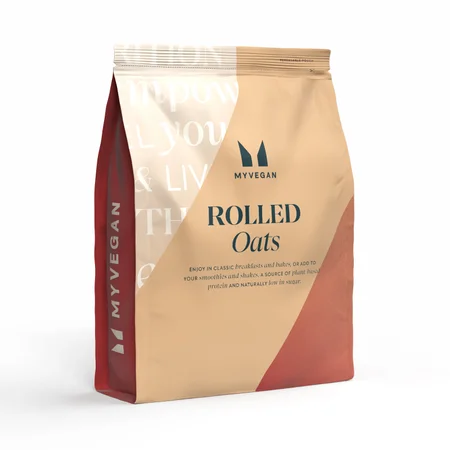Recover Faster & More Effectively | Tips From A Hybrid Athlete

If you follow Lucy Davis, you’ll know that for the past few months she’s been embarking on Project Ultra — a 100km ultramarathon that she’s running this July to raise money for Breast Cancer Now.
But alongside gruelling ultramarathon training, Lucy is also maintaining her strength training, smashing out four weight training sessions and around four runs a week, varying from a quick 5k to 40k. So it’s no surprise, people are wondering how on earth she ffits in time for recovery?
Lucy made a whole video about rest and recovery recently, delving into why and how she’s able to recover so quickly, and what helps optimise her recovery so that she can fit all her training in and still make effective progress.
Lucy’s approach to rest days is to be flexible. Listen to your body — if you’re tired, plagued by DOMS or feel mentally exhausted, Lucy says take a rest day. This intuitive approach is the one she follows.
Lucy is also crystal clear that you should never feel guilt for taking a rest day.
So, now onto Lucy’s tips for effective rest and recovery.
Swimming experience
Lucy was a competitive swimmer for 10 years, which meant training in the pool every day on top of other training. So her body is used to being put through its paces on a regular basis, making recovery a much quicker process.
Mobility and stretching
Lucy says she doesn’t do too much static stretching, but focuses on mobility work instead, moving through her stretches constantly instead of holding one pose for a long time.
Lucy has been working on mobility and flexibility exercises as a part of her rehab for a hip injury. But of course, working on flexibility and mobility is only going to aid your training and is vital whether you’re injured or not.
Nutrition
One of the most important aspects of recovery is nutrition. Lucy says the specifics of your nutrition will vary depending on your goals. For example, if you’re in a fat loss phase, you might be eating in a calorie deficit. However, it’s always important to ensure your body is getting all the macros and nutrients it needs to recover and function properly.
Lucy recommends 0.8-1g of protein per lb of body weight. But again, this will vary depending on your goals and activity level.
Lucy says another key factor for fuelling recovery is hydration. Keep an eye on how much water you’re drinking throughout the day and try to aim for about 2L per day or more, depending on how much activity you’re doing. The more activity you’re doing, the more water you’re likely to need.
And of course, because Lucy is doing so much activity, she’s drinking more like 3-4L of water per day. Phew, that’s a lot of trips to the loo.
Sleep
Another easily neglected factor is sleep, and more importantly, getting enough of it.
The NHS recommends anywhere from six to nine hours sleep as the optimum level. But this does vary from person to person, you might feel renewed after just six hours, whereas your mate might be falling asleep at their desk without at least eight.
But when it comes to recovery, getting optimum sleep is vital. And good quality sleep, too. Lucy has a memory foam pillow and mattress to support her sleep through the night.
So, despite all the trips to the loo throughout the night (I told you she drinks a lot of water) she’s able to sleep like a baby and her muscles have proper time to rest and repair.
Lucy also says she tends to sleep on her left-hand side but is trying more and more to sleep on her back to avoid any niggling shoulder pain.
Take home message
Lucy has been doing sport since as long as she can remember. Having been a competitive swimmer for 10 years, and now being an experienced weightlifter and runner, her body will naturally recover much quicker than someone whose body is less used to it. So keep that in mind when thinking of your recovery.
If you’re just starting out, you’re much more likely to need more rest days. So prioritise sleep, fuel your body with all the good stuff, and make sure you never skip your stretches.
READ THESE NEXT:

Maintain Muscle With 170g Of Protein | Ultramarathon Prep
Preparing for a 100k ultramarathon for Breast Cancer Now, with Lucy Davis.

Food Addiction, Surgery, & Rediscovering Fitness | 26-Year-Old Explains Misunderstood Journey
It wasn't an easy way out for this full-time professional.

Build Upper Body Strength With England's Strongest Woman
Sun’s out, guns out.






